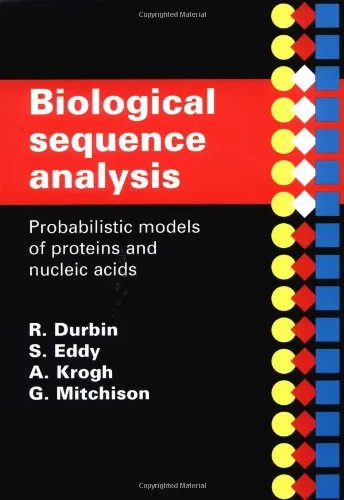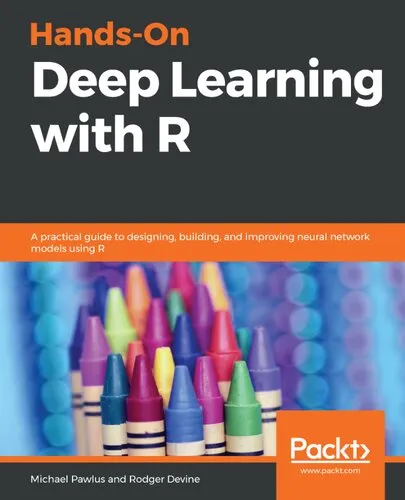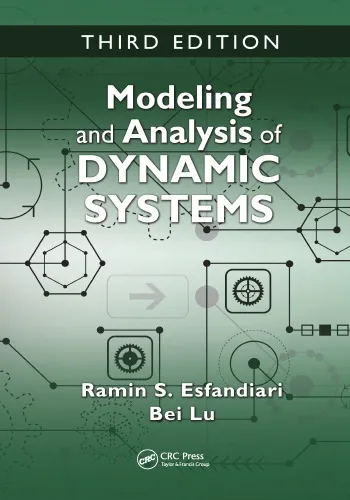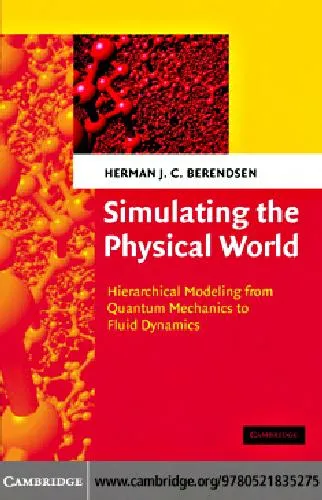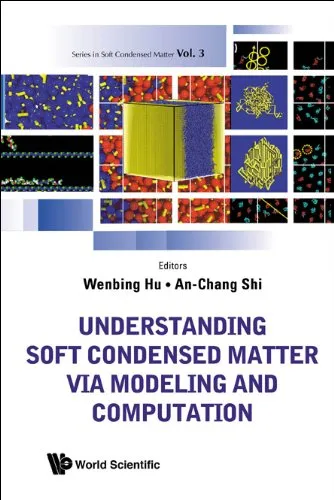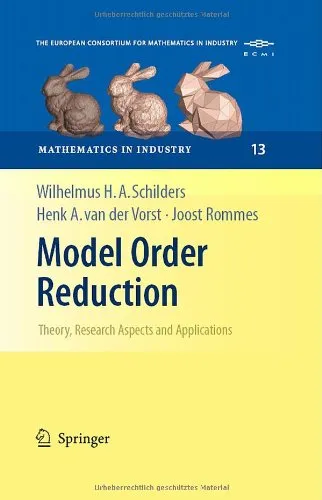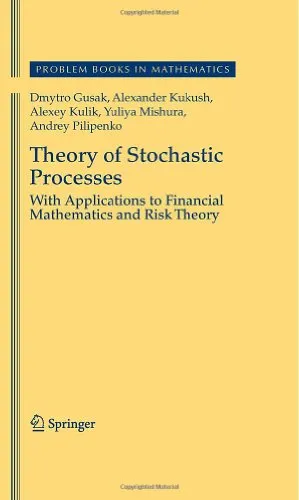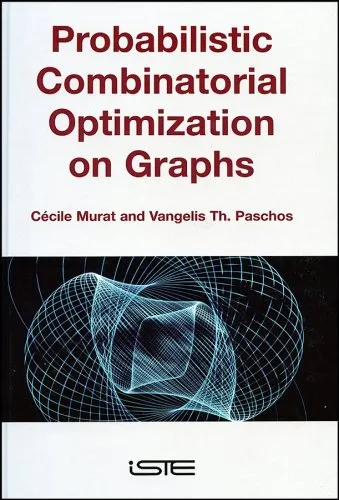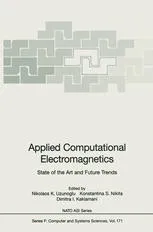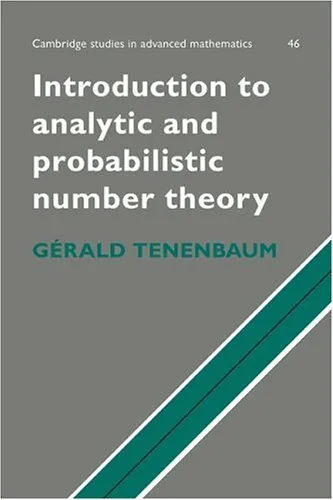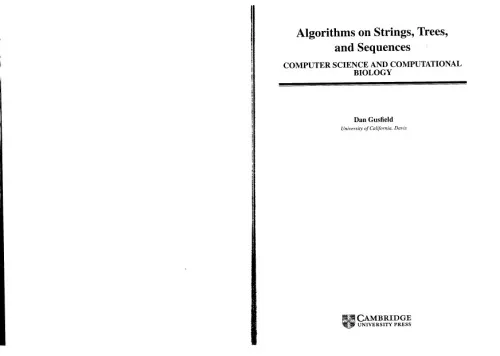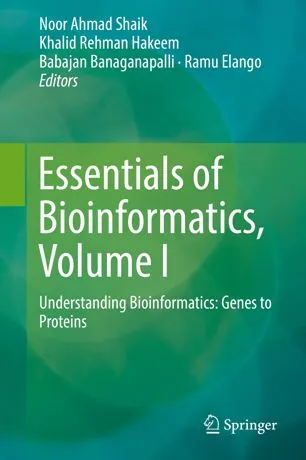Biological Sequence Analysis: Probabilistic Models of Proteins and Nucleic Acids
4.7
بر اساس نظر کاربران

شما میتونید سوالاتتون در باره کتاب رو از هوش مصنوعیش بعد از ورود بپرسید
هر دانلود یا پرسش از هوش مصنوعی 2 امتیاز لازم دارد، برای بدست آوردن امتیاز رایگان، به صفحه ی راهنمای امتیازات سر بزنید و یک سری کار ارزشمند انجام بدینکتاب های مرتبط:
معرفی کتاب
کتاب Biological Sequence Analysis: Probabilistic Models of Proteins and Nucleic Acids تألیف ریچارد دوربین، شون آر. ادی، اندرز کروگ و گراهام میچیسون، یکی از آثار برجسته در زمینه تحلیل دادههای زیستی است. این کتاب با تمرکز بر مدلهای احتمالاتی و رویکردهای ریاضی و محاسباتی، به پژوهشگران ابزارهای لازم برای تحلیل توالیهای زیستی همچون DNA، RNA و پروتئینها را ارائه میدهد.
هر فصل از این کتاب یک نمای کلی از نظریه زیربنایی، کاربردها و مثالهای کاربردی از مدلها و الگوریتمها را ارائه میدهد. این کتاب نه تنها برای زیستشناسان محاسباتی بلکه برای متخصصان رشتههای بیوانفورماتیک، ریاضیات کاربردی و علوم کامپیوتر نیز منبع ارزشمندی است.
خلاصهای جامع از کتاب
این کتاب در وهله نخست به تحلیل توالیهای زیستی از منظر احتمال و آمار میپردازد. مدلهایی نظیر Hidden Markov Models (HMMs)، الگوریتمهای Bayesian و Gibbs Sampling به همراه کاربردهای آنها در موضوعاتی همچون تراز چندگانه توالیها، پیشبینی ساختار RNA و تحلیل درختهای تبارزایشی (phylogenetic trees) بررسی شدهاند.
نویسندگان در طول متن، روشهای یادگیری ماشین و ابزارهای بنیادی را توضیح دادهاند که در راستای حل پیچیدهترین مسائل علمی در زیستشناسی مدرن قابل استفادهاند. این اثر همچنین رویکردی کاربرمحور دارد و به خواننده امکان میدهد با تمرین و بهکارگیری مطالب در مسائل واقعی، دانش خود را تکمیل کند.
نکات کلیدی کتاب
- معرفی و پیادهسازی دقیق مدلهای Hidden Markov Models (HMMs).
- تحلیل آماری و محاسباتی برای دادههای زیستی.
- توضیحات جامع در خصوص الگوریتم Viterbi و الگوریتم Forward-Backward.
- رویکرد عملی به یادگیری پارامترها و پیشبینیهای بر اساس مدلهای احتمالاتی.
- بررسی کاربردهای گسترده مدلهای احتمالاتی در تنظیمات توالی و مقایسه ساختارها.
- آموزشی پویا با تمرینات عملی و کاربردی در هر فصل.
نقل قولهای معروف از کتاب
"In sequence analysis, probabilistic models provide a framework for formulating precise questions and deriving rigorous answers."
"The Hidden Markov Model (HMM) is not just a model but a methodology that unfolds the underlying structure of biological sequences."
چرا این کتاب اهمیت دارد؟
کتاب Biological Sequence Analysis نقش مهمی در پیشرفت زیستشناسی محاسباتی و بیوانفورماتیک داشته است. رویکرد دقیق و سیستماتیک کتاب به مفاهیم بنیادی، آن را به یکی از منابع ضروری برای دانشجویان و متخصصان این حوزه تبدیل کرده است. از اهمیت دیگر این کتاب میتوان به پوشش گسترده مباحث و مثالهای متنوع اشاره کرد که امکان درک عمیقتر و بهکارگیری عملی مفاهیم را فراهم میآورد.
همچنین، این کتاب دروازهای به سوی کاربرد مدلهای ریاضی و الگوریتمهای پیشرفته در حل مسائل پیچیده علوم زیستی است که موجب بسط دانش در زمینههایی نظیر تحقیق در سرطان، تحلیل ژنوم، و طراحی داروهای جدید میشود.
Introduction to "Biological Sequence Analysis: Probabilistic Models of Proteins and Nucleic Acids"
"Biological Sequence Analysis: Probabilistic Models of Proteins and Nucleic Acids" is a groundbreaking book that sets a solid foundation for understanding computational approaches in molecular biology. Authored by Richard Durbin, Sean R. Eddy, Anders Krogh, and Graeme Mitchison, this text introduces readers to the application of probabilistic models in analyzing biological sequence data, such as DNA, RNA, and proteins. It bridges the gap between biology and computation, providing a mathematical and algorithmic approach to studying life's molecular building blocks.
Originally published in the late 90s, this book remains relevant due to the rapid evolution of bioinformatics and the ever-increasing demand for analyzing complex biological sequences. By combining theoretical insights with real-world applications, the book offers a comprehensive and practical guide for computational biologists, data scientists, and anyone interested in the interface of biology and machine learning.
Detailed Summary of the Book
The book begins with an explanation of biological sequence data and its importance in understanding evolutionary relationships, protein functions, and genetic patterns. It emphasizes the need for advanced mathematical tools to process and interpret this data accurately. One of the central themes is the use of probabilistic models, such as hidden Markov models (HMMs), Bayesian networks, and stochastic processes, which are extensively explored throughout the text.
In the opening chapters, the authors discuss fundamental topics like sequence alignment, motif discovery, and probabilistic reasoning. They introduce the concept of scoring systems for pairwise and multiple sequence alignments, which are essential for identifying functional and evolutionary relationships.
As the book delves deeper, it focuses on specific probabilistic models, including HMMs for biological sequence analysis. Detailed examples are provided to demonstrate their applications, such as gene prediction, secondary structure modeling, and database searching. Readers are also guided through efficient algorithms, like the Viterbi algorithm and forward-backward procedures, which help them implement these models effectively.
The later chapters broaden the scope to cover Markov chains, phylogenetic inference, and more advanced topics. Each chapter builds upon the previous one, ensuring a cohesive learning experience. The authors balance fundamental theories with practical examples, offering insights into both the "why" and the "how" of each technique.
Key Takeaways
- Probabilistic models are powerful tools for understanding the structure, function, and evolution of biological sequences.
- Hidden Markov Models (HMMs) are a versatile framework for various bioinformatics tasks, including sequence alignment, motif identification, and secondary structure prediction.
- Understanding algorithms like the Viterbi algorithm, forward-backward algorithm, and expectation-maximization is crucial for implementing probabilistic methods.
- The book emphasizes a hands-on approach, encouraging readers to apply computational methods on real biological data.
- The interdisciplinary nature of the book makes it suitable for biologists, computer scientists, and mathematicians alike.
Famous Quotes from the Book
"The key insight is that biological sequences are not random strings of letters; they are structured and evolved information with signals that can be deciphered using mathematics and computation."
"Probabilistic models not only make predictions—they explain the data, allowing us to infer biological significance from sequence patterns."
"In learning the language of sequences, we are essentially learning the language of life."
Why This Book Matters
This book holds significance for a number of reasons. First, it represents one of the earliest comprehensive efforts to introduce probabilistic and computational methods to biological sequence analysis. By equipping readers with the tools to decode the vast amounts of biological data being generated, it plays a critical role in advancing fields like bioinformatics and genomics.
Moreover, the book's interdisciplinary approach serves as a cornerstone for collaboration between life sciences and computational fields. It caters to a wide audience, from biologists with limited computational training to computer scientists seeking to apply their skills to biology.
The content also remains highly relevant in modern research. With advancements in DNA sequencing technologies, the insights provided by this book continue to be foundational for analyzing genomic and proteomic data. Its emphasis on probabilistic models has paved the way for more sophisticated machine learning techniques in computational biology.
Finally, "Biological Sequence Analysis" is not just a manual—it’s an inspiration for scientists and researchers to embrace complex challenges and develop innovative solutions. By highlighting the synergy between theory and practice, it has helped shape the future of bioinformatics.
دانلود رایگان مستقیم
شما میتونید سوالاتتون در باره کتاب رو از هوش مصنوعیش بعد از ورود بپرسید
دسترسی به کتابها از طریق پلتفرمهای قانونی و کتابخانههای عمومی نه تنها از حقوق نویسندگان و ناشران حمایت میکند، بلکه به پایداری فرهنگ کتابخوانی نیز کمک میرساند. پیش از دانلود، لحظهای به بررسی این گزینهها فکر کنید.
این کتاب رو در پلتفرم های دیگه ببینید
WorldCat به شما کمک میکنه تا کتاب ها رو در کتابخانه های سراسر دنیا پیدا کنید
امتیازها، نظرات تخصصی و صحبت ها درباره کتاب را در Goodreads ببینید
کتابهای کمیاب یا دست دوم را در AbeBooks پیدا کنید و بخرید
1429
بازدید4.7
امتیاز0
نظر98%
رضایتنظرات:
4.7
بر اساس 0 نظر کاربران
Questions & Answers
Ask questions about this book or help others by answering
No questions yet. Be the first to ask!
